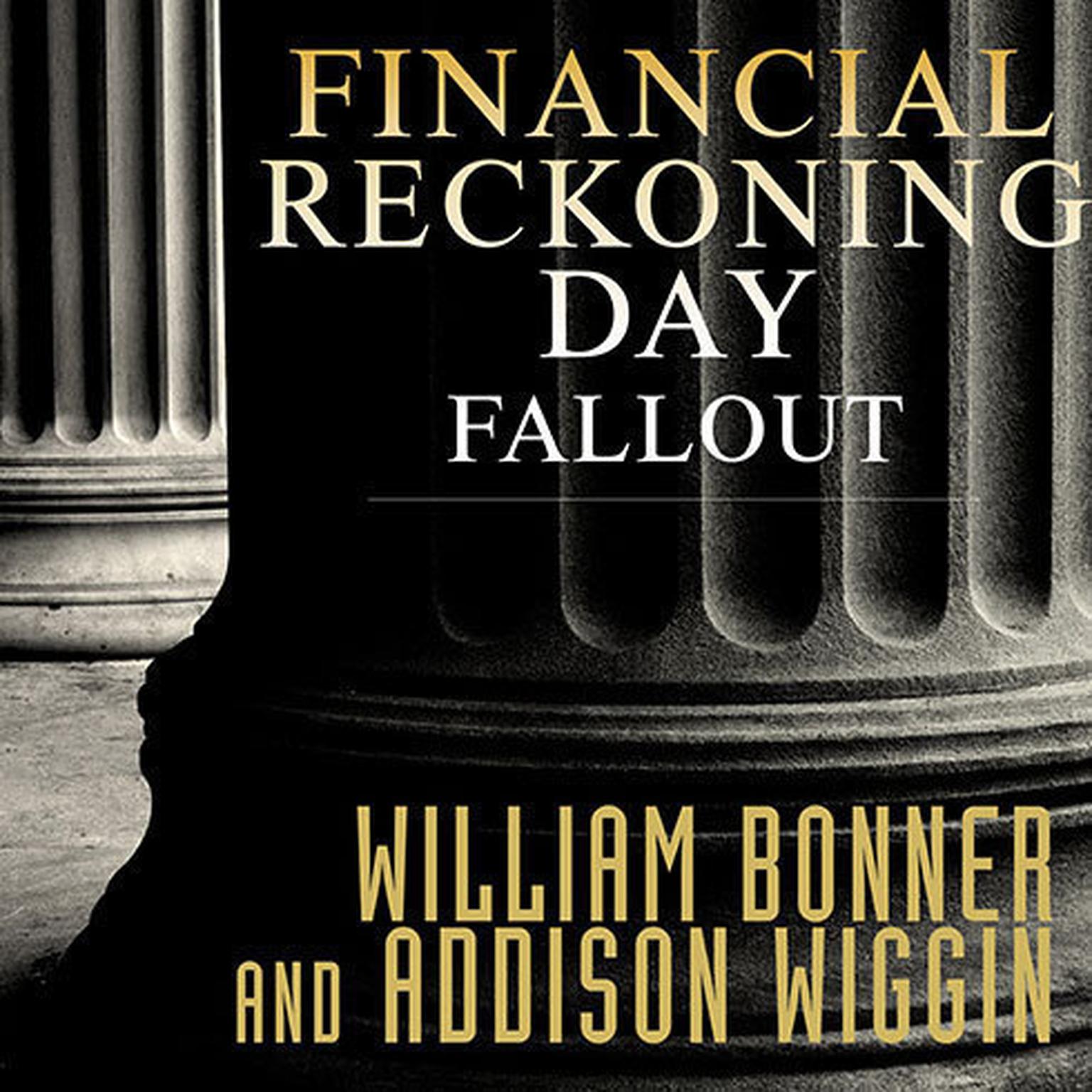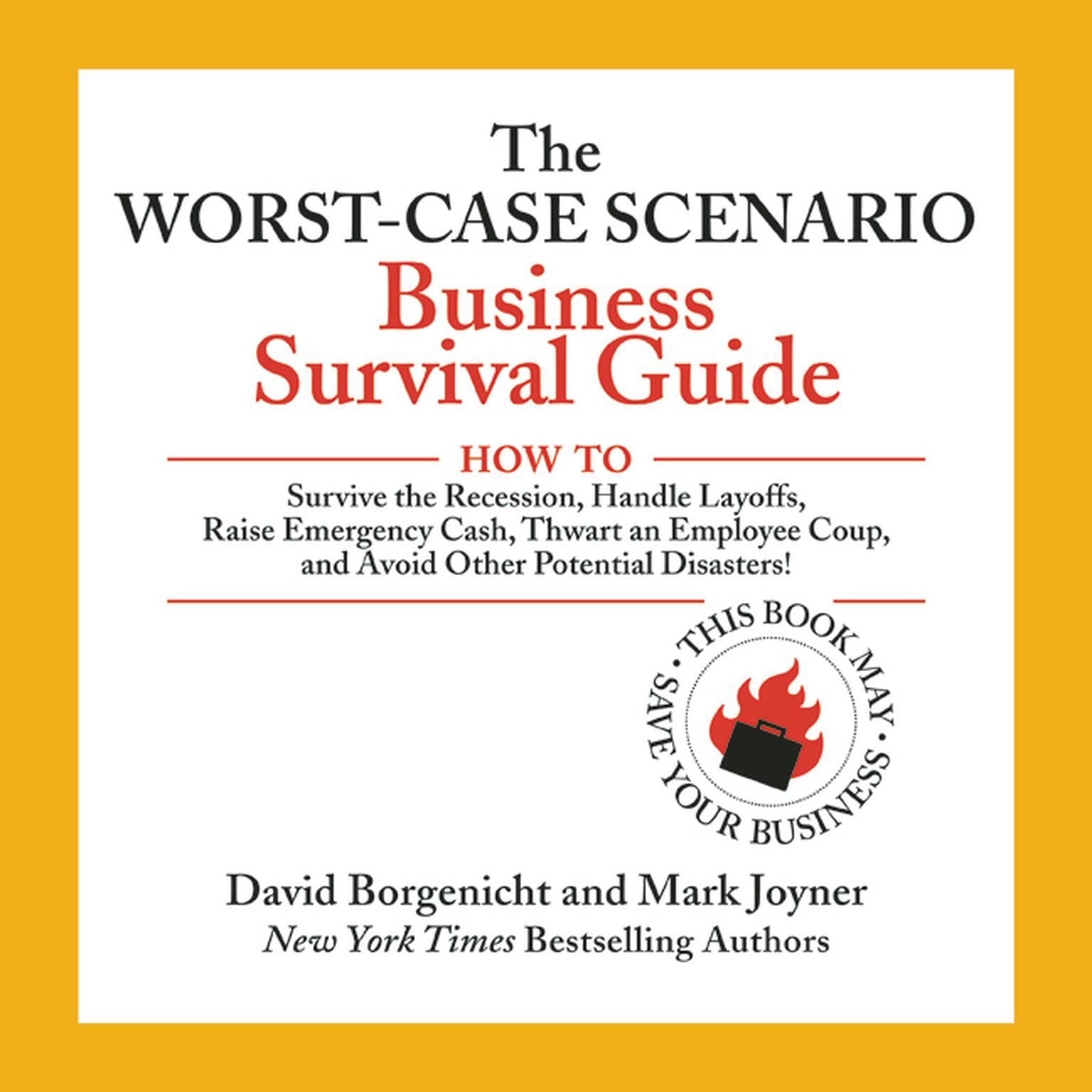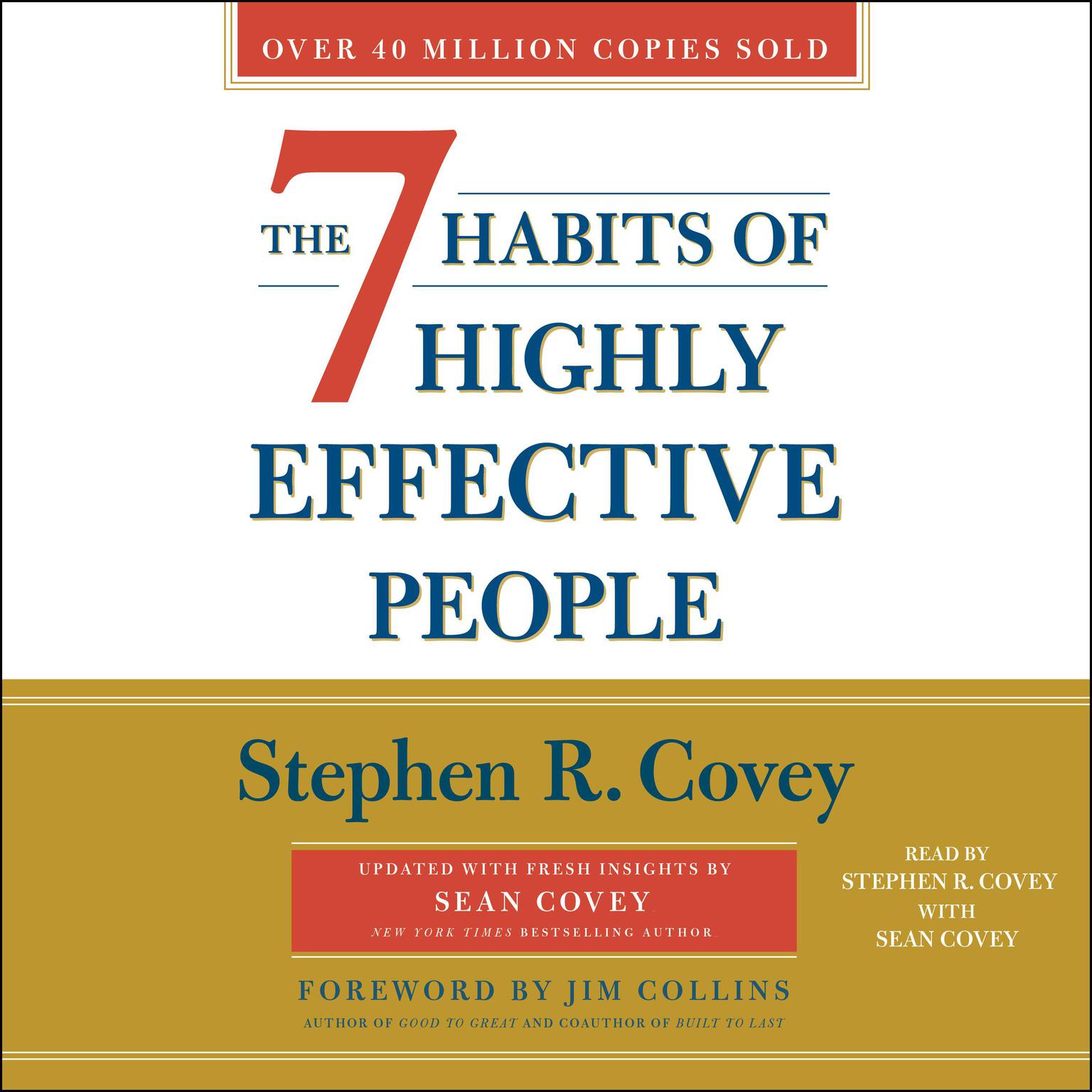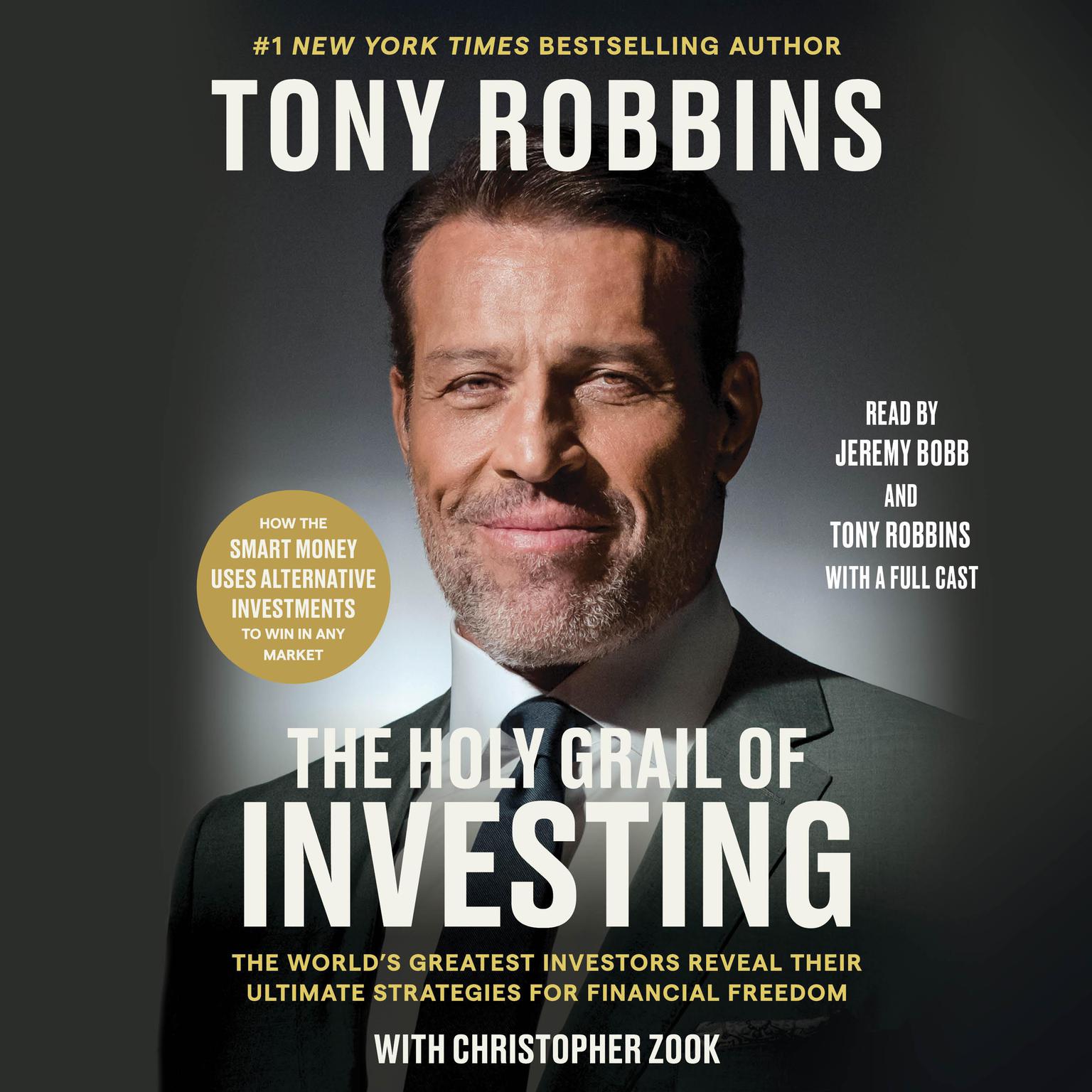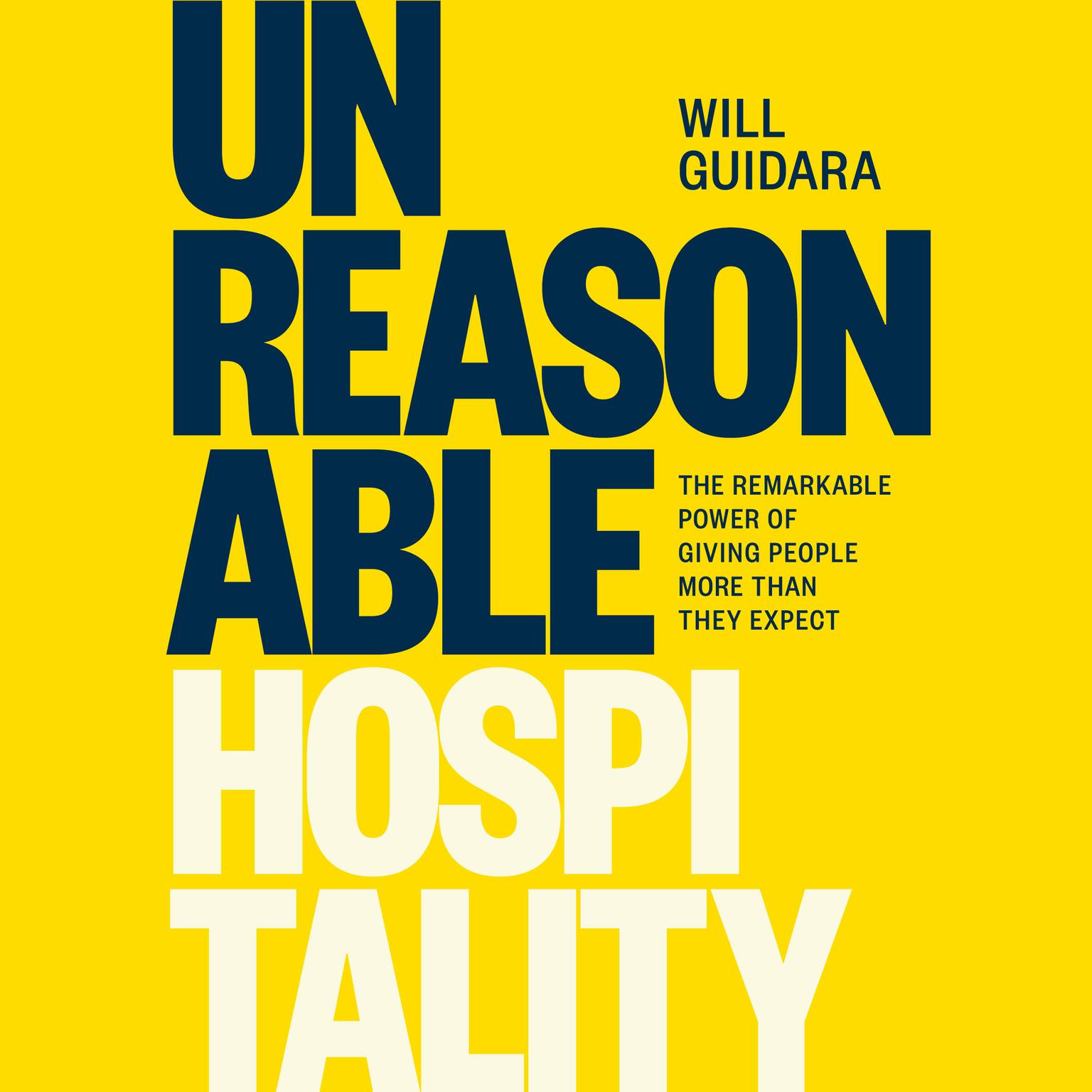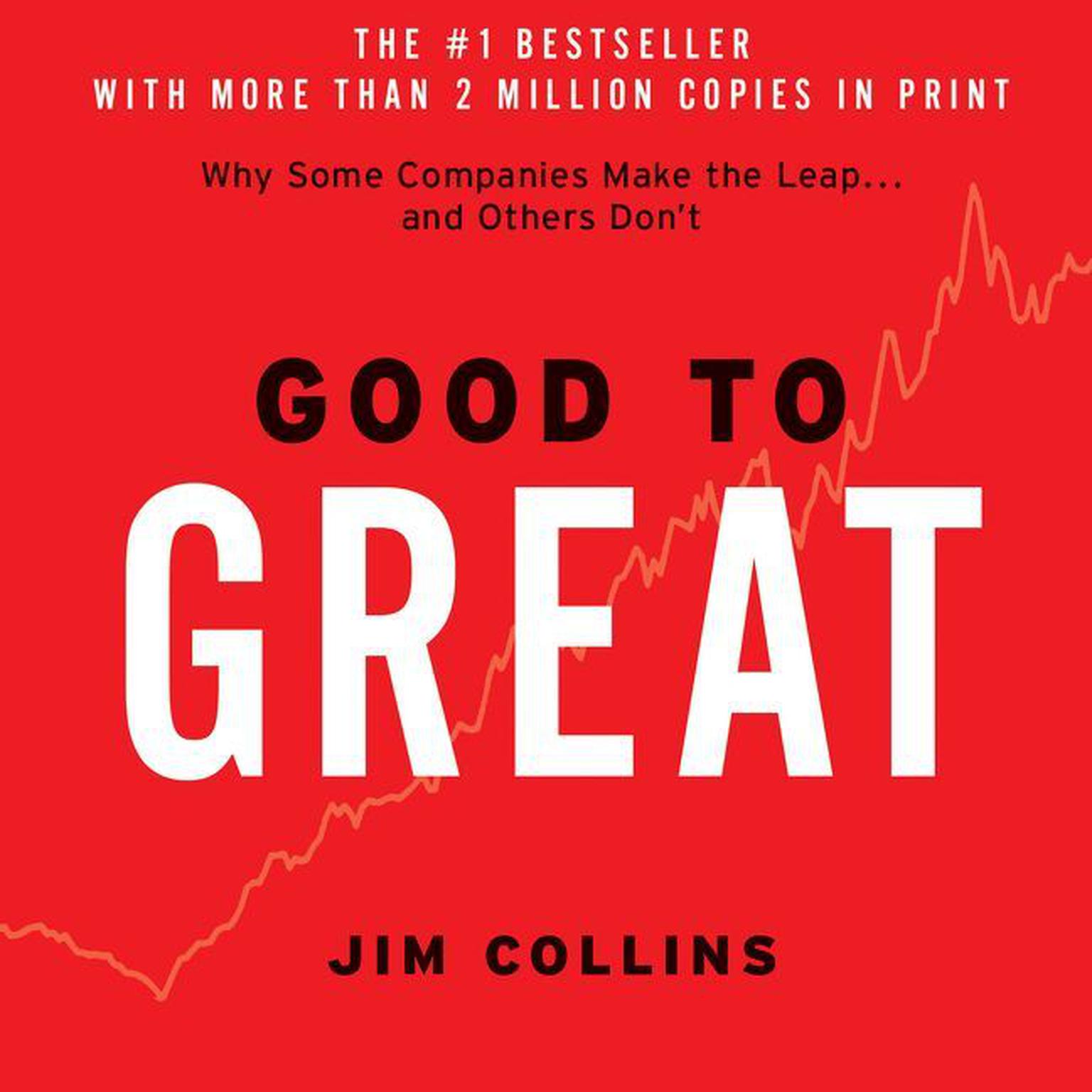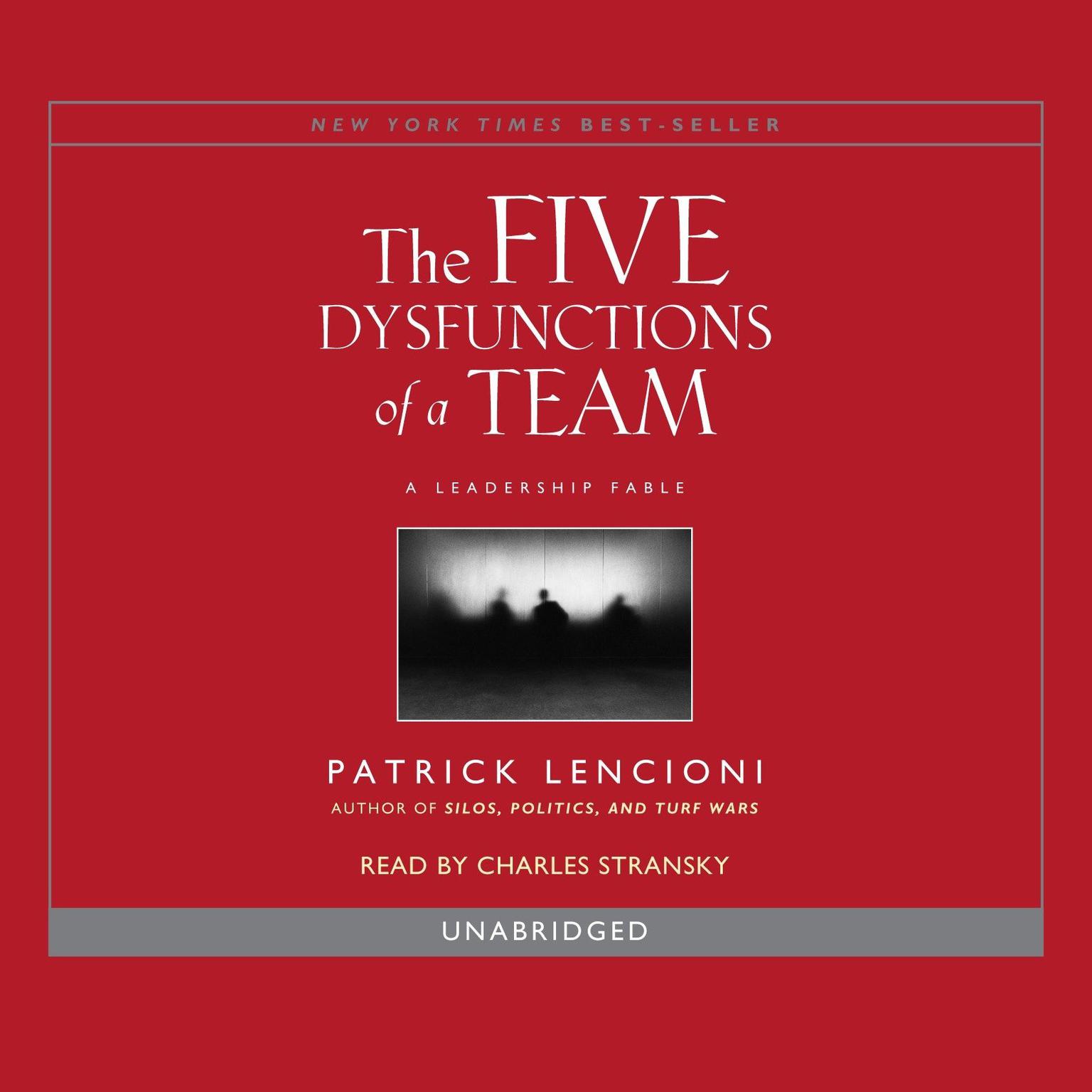Publisher Description
Behind the alarming financial headlines is a little-known story of bad ideas. For over fifty years, economists have been developing elegant theories of how markets work. What about when markets don’t work? What about when they lead to stock-market bubbles, glaring inequality, polluted rivers, real-estate crashes, and credit crunches?
In How Markets Fail, Cassidy describes the influence “utopian economics” thinking that is blind to how real people act and that denies the ways an unregulated free market can produce disastrous unintended consequences. Oil-price spikes, CEO greed cycles, and boom-and-bust waves are the inevitable outcome of self-serving behavior in a modern market setting. Cassidy looks to the leading edge of economic theory, including behavioral economics, for a new, enlightening view of our volatile global economy.
Download and start listening now!
“Cassidy’s book is both a history of ideas and a history of the late financial unpleasentness. He reviews both the work of such economists as Milton Friedman, Robert Lucas and others who advocated economic policies with few regulations, low taxes, and little or no attempt to limit recessions through deficit spending. These approaches generally take as given that Leon Walras in the 19th century demonstrated that markets are efficient in his general equilibrium model. Mathematical economists since the second world war have found that the general equilibrium model applies only under some remarkable circumstances, such as economic actors having perfect information, and in world where there are no economies of scale. Since the second world war other economists have also indicated areas where information assymetries also lead to bad outcomes, such as in the markets for used cars, heath care, and financial markets. Although these newer economic approaches are not so new now, having been around for decades, they have made remarkably little impact on the teaching of basic economics, which more closely follows the outlook of Friedman or Lucas. As a result, these more orthodox views remain in the minds of policy makers, such as the governors of the Federal Reserve System. Thus, these policy makers assume until it is too late that financial bubbles cannot happen in a free market.”
—
Converse (4 out of 5 stars)

